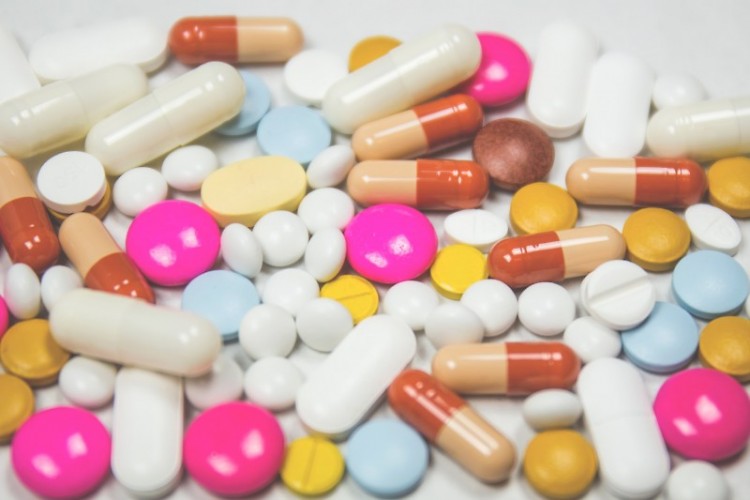During my freshman year, my health class spent multiple weeks learning about lots of different drugs and that information ended helping me out more than I thought it would. One of my best friends at the time had been acting differently for a few months. I knew that she didn’t have a great home life, her parents didn’t look after her and her mom had been using drugs for as long as I had known her. Things began to progress, she started to run away for days at a time with people I’d never even seen before, and to be honest I don’t think she knew them either. She also started selling and doing drugs. She wasn’t the same person that I met in a 6th-grade drama class.
I tried to watch out for her, but there’s only so much a fourteen-year-old girl can do by herself.
One day I got a call from her older sister, turns out my friend then ran away for a week. Nobody could find her but I could see from the things I was seeing online that she was now hooked on more drugs than I thought and was staying at some guys apartment thirty miles away. I was able to let her sister know, so she could try and get her to come home.
After she was found, I was relieved because I knew this meant that she could get the help that she desperately needed. She was able to undergo treatment to try and get sober. Still to this day, she struggles with addiction but now she has access to people who can help her when she needs it.
Learning about addiction and drugs, I was able to handle the situation and try and get her help.
According to The Recovery Village, a chain of substance use and mental health treatment centers, “Nearly a quarter of American high schoolers use at least one type of illicit drug. Many use more than one or combine them with alcohol or tobacco”. Teenagers have constant access to a variety of drugs, from painkillers to cocaine to heroin. Schools should educate students on illicit and prescription drugs, to make sure that all students are informed and know how to handle certain situations.
Presenting students with a variety of information about drugs will allow them to develop more informed choices. Teaching students the effects of drugs and the importance of knowing warning signs could help save lives.
Schools do not understand the way to go about educating children on drugs, the “Just say NO” tactic is outdated and trying to scare students diminishes the trust with authorities. There are already a variety of drug education programs out there, such as the most popular D.A.R.E, but when they have a negative impact on students, are they doing their job?
A study conducted by the California Department of Education showed how students did not have a positive feeling about the D.A.R.E program: “33% of middle school students and 90% of high school students reported ‘negative’ or ‘indifferent’ feelings towards D.A.R.E. Students reported that the D.A.R.E. message is repeated so often at school that the concept has lost its meaning and becomes ‘tedious’”.
If students have negative feelings towards a program that is so important, it should then be designed in a way that makes them feel more engaged. This issue could be solved by asking students how they would like to be educated and asking them what questions they may have about drugs. Drug education in schools should be comfortable and safe.
Drug education is important, but we can’t try to scare students into resisting drugs or use outdated tactics. Providing students with facts, resources, and information is one of the biggest ways we can help children today. Without the education, I received I would have not known how to help my friend or her family in such a time of need.
The Rapidian, a program of the 501(c)3 nonprofit Community Media Center, relies on the community’s support to help cover the cost of training reporters and publishing content.
We need your help.
If each of our readers and content creators who values this community platform help support its creation and maintenance, The Rapidian can continue to educate and facilitate a conversation around issues for years to come.
Please support The Rapidian and make a contribution today.
